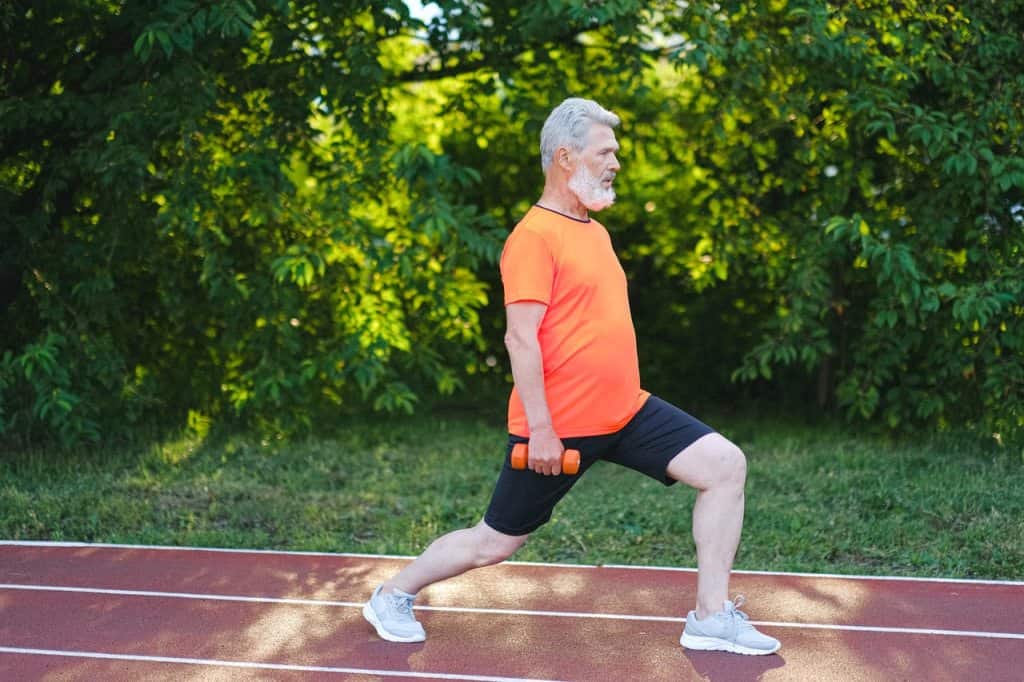A minimum body fat percentage has no secrets: the daily intake of the number of calories needed that is, eating enough food not to exceed your basal metabolic limits, considering the exercise you do—the famous balance of macronutrients. They show you How can I boost my metabolism? To have more vitality, more desire to move, and consume more calories so that you can cut the fat from your body as much as possible.
Quick Access
Drink more water.
Drinking water causes an increase in the calories you consume, even if you remain seated. Reason enough to leave out sugary drinks, which only provide us with calories and are largely responsible for overweight in some people. Two liters a day is the standard recommended amount, but if you play sports and want to speed up your metabolism, you can even drink 3-4 liters.
More food It would help if you ate to lose weight.
The digestion of food, its absorption, and the storage of nutrients require energy. Severe calorie restriction sets your metabolic rate down. Also, starving too much over time leads the body to break down muscle tissue to meet energy needs, further reducing calorie burning.
Eat more protein.
Protein keeps you full longer. Also, your body consumes more calories to digest protein than it does to break down carbohydrates or fat. These are some Five foods that increase metabolism and haveHigh-quality proteins from foods such as eggs, lean meat, poultry, seafood, and dairy also increase the levels of the amino acid leucine in the body, which is essential for maintaining muscle and burning more calories.
Consider caffeine.
It acts as a stimulant of the central nervous system, producing the effect of restoring the level of alertness and eliminating drowsiness. It is the most widely used psychoactive substance in the world. Scientific reports are positively linking caffeine to physical exercise date from the mid-20th century.
How to speed up metabolism to burn fat?
It’s simple. It will help if you increase your basal metabolism. By boosting basal metabolism, you achieve more burning with each action you take.
This option is not an increased metabolism but an acceleration of the same performance.
Reduce your stress level
Stress is a response generated by human beings and has been selected to save us from the dangers have lived in most of our history.
Basically:
- Lack of food.
- Liquid.
- Predators.
- Infections
- Tissue damage.
There are several different types of responses to stress.
Some go into “saving mode.” Your body understands that it has to protect energy reserves by slowing down the metabolism until stress passes.
Others suffer so much that their brain consumes them, and they lose weight, both fat, and muscle.
But they will regain the weight quickly once the stress passes (since the body understands that this response has been an act of survival and wants to prepare for future problems).
In general, if you want to facilitate your health and speed up your metabolism without losing muscle, reducing stress is a great decision.
Do short workouts at high intensity
Performing exercise at high intensity is demanding for your body (if the term HIGH INTENSITY had not made it clear to you). This also implies that the level of demand of a HIIT session wears the body a lot and has a large amount of energy requirement.
However, what makes a high-intensity workout different from a low or medium intensity workout is that once you catch your breath, you still haven’t recovered on a chemical level:
The muscles must replenish their phosphocreatine reserves and return to their PH and temperature levels. Adequate hydration and oxygenation are necessary. Therefore, your body continues to burn calories and use more oxygen than normal for a time after training.
Sleep well
You have talked a lot about the activity, but there is something you should always remember. If you don’t rest, everything collapses. This includes that you will not be able to speed up your basal metabolism. Lack of sleep means that you do not have energy; your appetite is deregulated, stress hormones rise, alter your sugar management, etc. You will stop using calories from your fat stores in these conditions, and obtaining energy will be based on eating more, which is a very bad idea.

